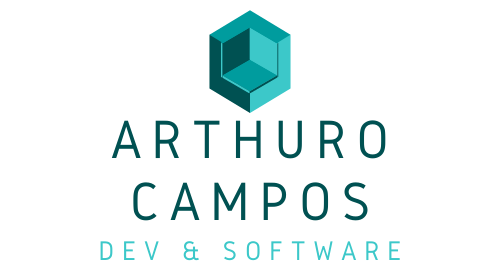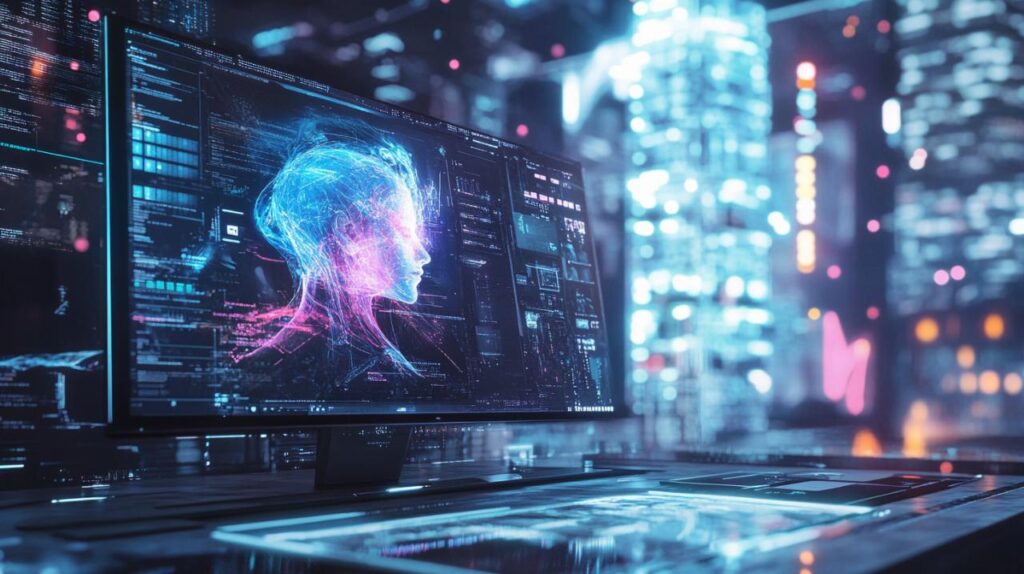The creative landscape is experiencing a profound shift as smart technologies reshape how we produce and design digital content. By leveraging sophisticated algorithms and neural networks, creatives now access unprecedented capabilities that blend human imagination with computational power.
Ai-powered design tools revolutionize creative workflows
A new era of digital creation unfolds as smart tools transform traditional design processes. These innovations streamline tasks while opening fresh avenues for creative expression across industries.
Smart automation of routine design elements
Modern design platforms now incorporate sophisticated algorithms that handle repetitive tasks with precision. The integration of Artificial Intelligence into creative suites enables designers to generate multiple iterations swiftly, while maintaining brand consistency across various formats. These smart systems analyze vast amounts of data to suggest optimal design choices, freeing creators to focus on strategic decisions.
Machine learning for enhanced creative decision making
Smart systems now power the analysis of user engagement patterns and design preferences. Through advanced algorithms, creators gain insights that shape their visual strategies, while maintaining authenticity in their work. These tools process extensive datasets to predict design trends and optimize creative elements for maximum impact.
Data-driven content personalization through ai
Modern AI technologies revolutionize content creation by transforming raw data into meaningful, personalized experiences. AI-powered systems analyze vast amounts of user data, creating tailored content that resonates with specific audience segments. Through sophisticated machine learning algorithms, businesses optimize their content strategy while maintaining strict data privacy standards.
User behavior analysis for tailored experiences
AI systems track and interpret user interactions, preferences, and engagement patterns across digital platforms. Machine learning models process this information to create detailed user profiles, enabling precise content targeting. The technology examines browsing habits, interaction times, and content preferences, delivering personalized recommendations that boost engagement rates and user satisfaction. This sophisticated approach helps businesses save time while focusing on their core creative activities.
Real-time content adaptation systems
Modern AI platforms excel at dynamic content modification, adjusting materials instantly based on user responses and market trends. These systems leverage generative AI to craft variations of content, from product descriptions to marketing materials, ensuring relevance across different audience segments. The technology maintains high standards of innovation and precision while protecting user privacy. Businesses worldwide, from solo entrepreneurs to large enterprises, integrate these AI solutions to enhance their content strategy and boost productivity through automated processes that maintain authenticity and creative integrity.
AI Ethics and Privacy Considerations in Creative Practices
The rise of generative AI in creative industries brings transformative possibilities while raising crucial ethical questions. Modern AI tools streamline content production across text, visuals, and marketing materials, enabling creators to focus on strategic tasks. These innovations empower both individual creators and enterprises to enhance their productivity through smart automation.
Data protection measures in ai-driven content creation
AI-powered content creation demands robust data protection protocols to maintain user trust and compliance. Modern platforms implement advanced security measures to safeguard user information during the creative process. Organizations must prioritize data safety while leveraging AI models for crafting copy, designing visuals, and generating marketing materials. The integration of secure AI solutions enables businesses to maintain confidentiality while benefiting from automated content generation capabilities.
Balancing automation and human creative input
While AI excels at generating drafts and analyzing data patterns, human creativity remains irreplaceable in the content creation process. Creative professionals can leverage AI tools for routine tasks like research and initial drafts, while focusing their expertise on refining and personalizing content. The synergy between machine efficiency and human insight produces optimal results, as AI supports rather than replaces creative talent. Successful implementation of AI in creative workflows requires maintaining authenticity while maximizing technological benefits for enhanced productivity.

